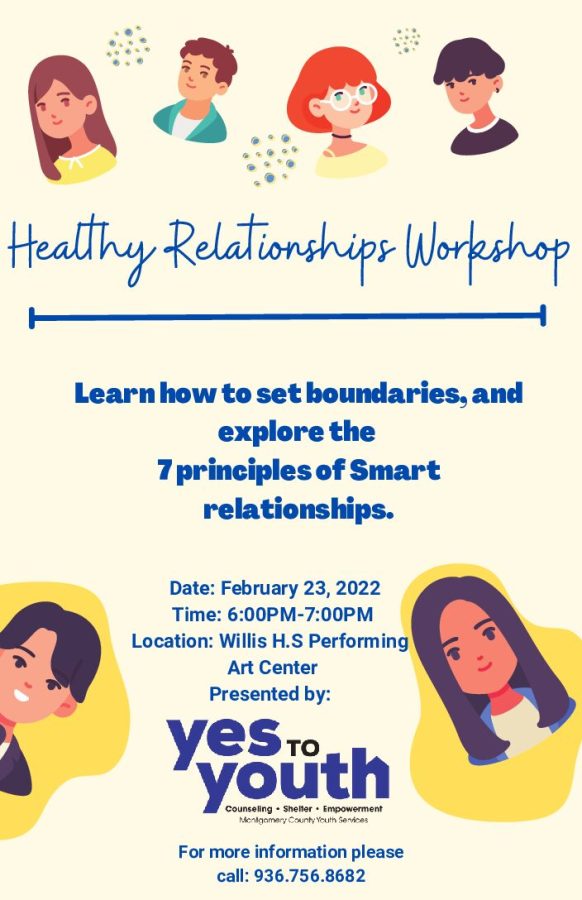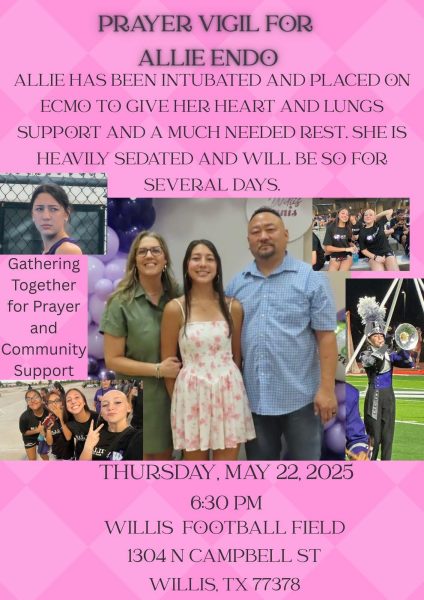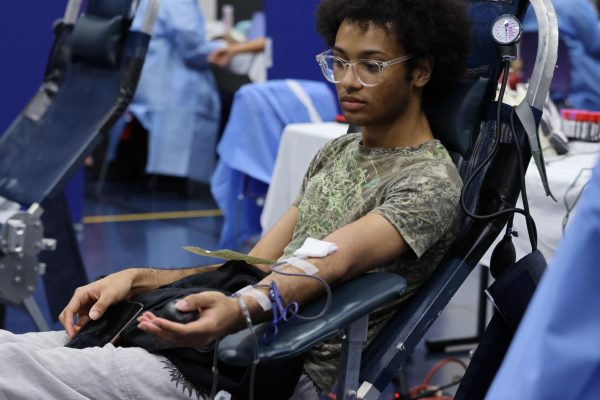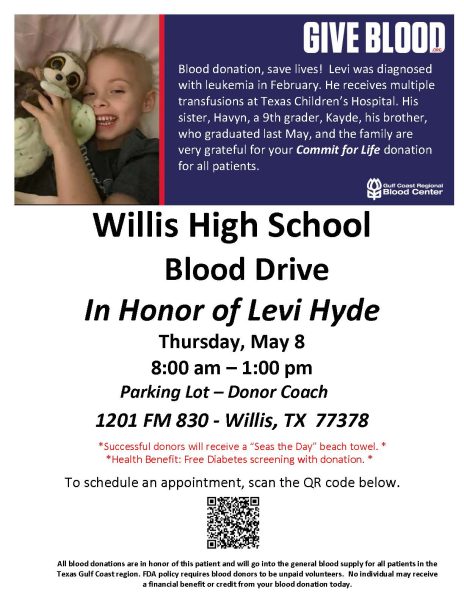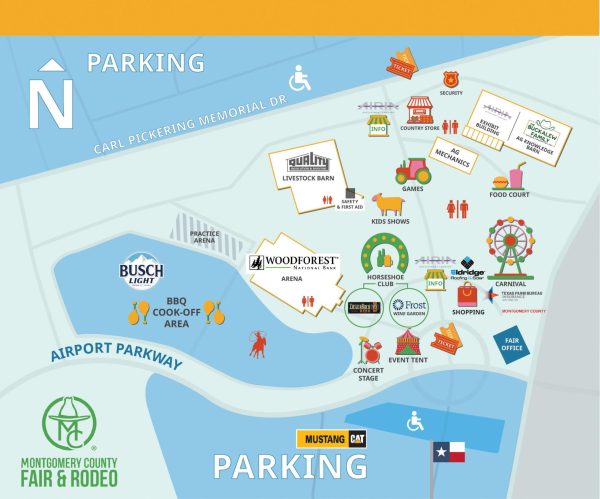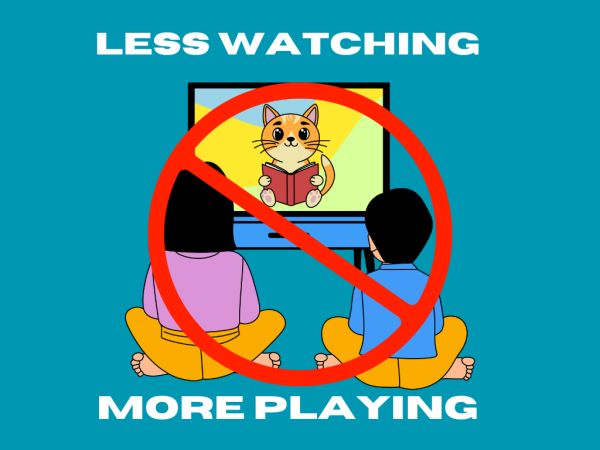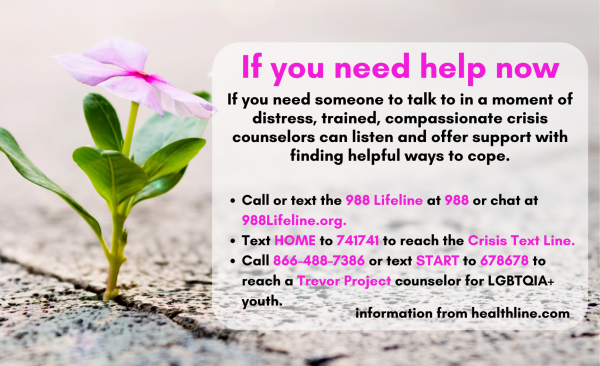Communication key in avoiding toxic relationships
Healthy relationship workshop in PAC at 6 PM tonight.
photo or infographic by courtesy of WISD
Healthy relationships workshop in PAC at 6 PM tonight. Learn how to help teens make healthy relationship choices.
Holding hands in the hallway. Swapping lettermans. Walking each other to class.
A tight grip around the shoulder. Whisper-yelling in alcoves. Covered bruises. Blank eyes.
The signs are there, and it just takes one person to speak up.
February is Teen Dating Violence Awareness Month, and during Academy time, teachers and students have been learning about the different ways to recognize, report and cope with violence within and beyond high school relationships. There will be a healthy relationship workshop tonight in the PAC from 6 to 7 P.M. for parents, students and teachers to learn more about teen dating violence.
Starting the conversation about dating violence now is important for teens, as many have been in relationships or have watched someone else be in a relationship that is toxic or abusive.
According to the Domestic Violence Awareness Project, one-quarter of parents do not talk to their children about domestic violence, and approximately 1.5 million teens experience physical abuse from a dating partner. Abuse can be verbal, physical, mental or sexual. Nationwide, youth ages 12 to 19 recieve the highest rate of rape and sexual assault. Approximately 10% of adolescents reported having been abused by a romantic partner in the past year. Character Ed during Academy time has provided a safe space for teens to have important conversations about recognizing violence in relationships and how to report it.
Students were given a list of warning signs to help students differentiate between healthy and unhealthy relationships, such as checking cell phones and personal items without permission, extreme jealousy and insecurity, physical inflicted pain and the pressure to have sex are signs of an unhealthy relationship, while mutual respect, communication and compromise are signs of a healthy relationship. The signs of an unhealthy relationship are easy to disguise especially of one partner is threatening the other to stay silent. Teens are vulnerable and not fully aware of what a romantic relationship entails and sometimes romantic partners can offer a false sense of security masked in lies and manipulation. It is important to know the signs of an unhealthy relationship and to know what to do. Students are encouraged to tell an adult, such as a counselor, teacher or parent as soon as they witness an abusive relationship or if they are a victim of abuse.
Students could view the Character Ed lessons as unnecessary now, but the knowledge of recognizing an abuser could save lives. Starting the conversation is only the beginning of stopping violence within relationships, next us using the knowledge gained to prevent abusive relationships becoming the new norm.
Your donation will support the student journalists of Willis High School. Your contribution will allow us to purchase equipment and cover our annual website hosting costs.

Katherine is a senior and co editor of the school newspaper. For the past 2 years she has made All-State Journalism Staff and made it to regionals last...


